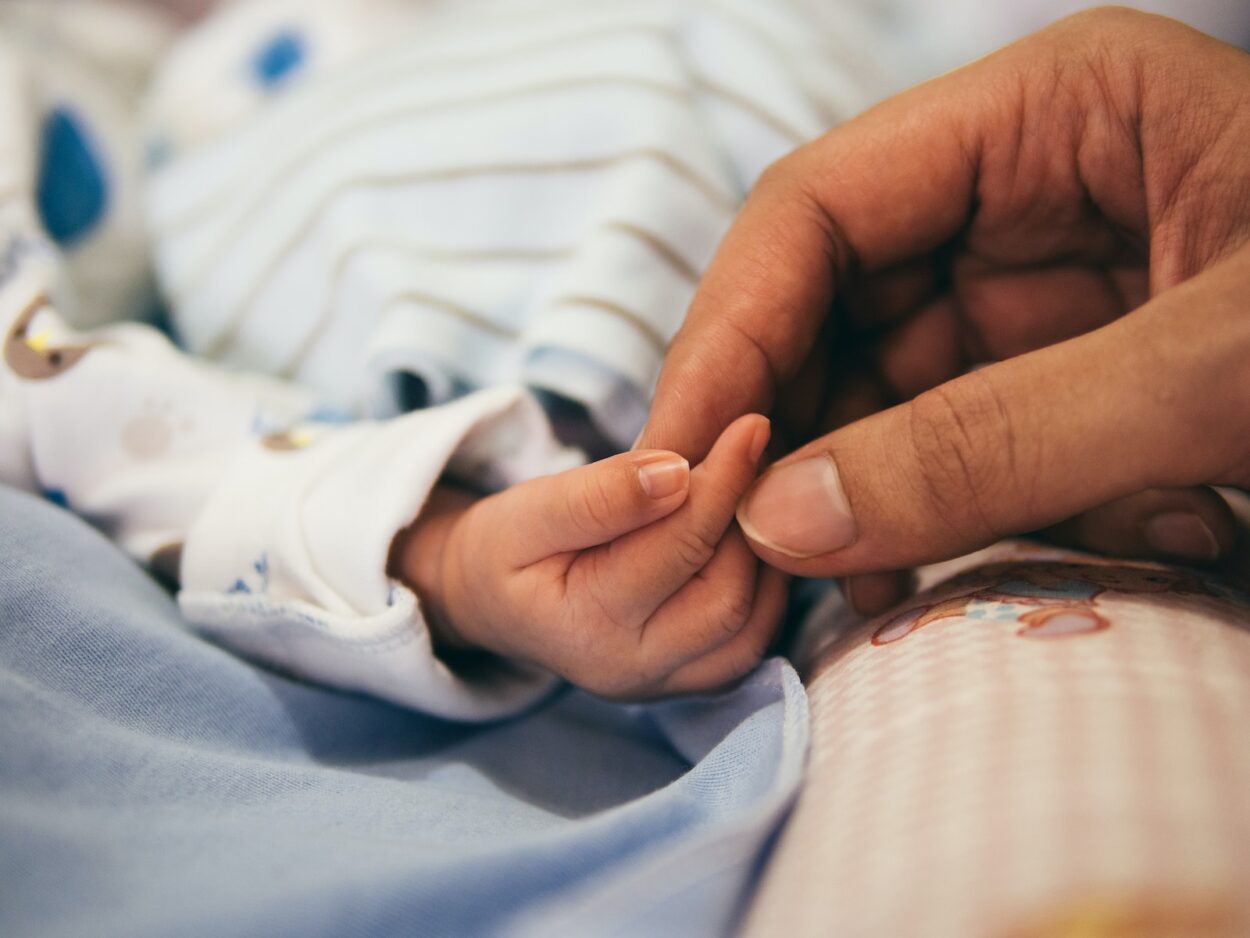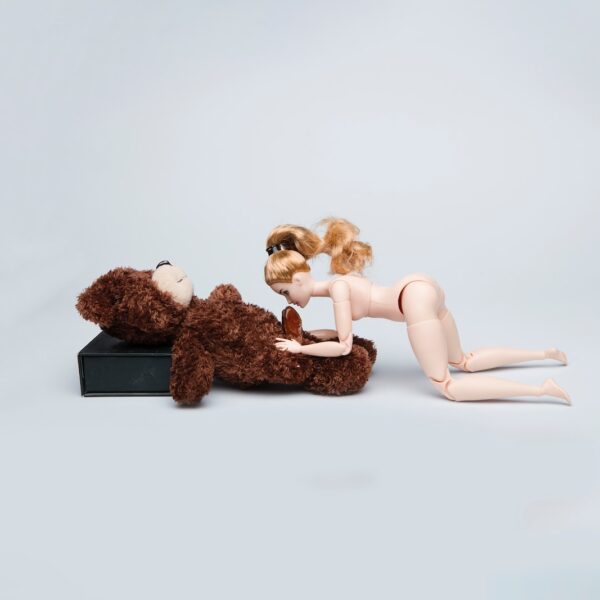It’s completely normal to feel less-than-excited about sex after having a baby. But painful sex can discourage a mother and lead to sexual avoidance, which only makes the problem worse.
It’s important to know why sex hurts after birth so that you can work with your health care provider to find solutions. Here are the most common causes of pain:
Nerves
Many people hear this well-intentioned advice: “The first time you have sex after baby it’s going to hurt, but it gets better.” However, when a woman experiences pain with intercourse, it isn’t always easy to determine what is causing it. At our New Parents Group at the birth center, a topic that often comes up is lack of sexual desire and pain after birth. The reaction from our clients is incredibly eye-opening as they realize that this is a very real and common issue.
It’s important to remember that everyone’s bodies heal at different rates. Your practitioner will give you a six-week follow-up appointment to check in, and this is commonly thought of as a point of “go ahead and have sex.” However, the physical and emotional readiness to be intimate may line up differently for different women and that’s completely normal.
If you’re breastfeeding, your hormone levels can change the way that sex feels as well. The hormone prolactin, which aids milk production, inhibits the hormone dopamine and can make it harder to become aroused. This can also lead to a dry vagina, which is uncomfortable and not conducive to pleasure. Using lubricant is key for comfort and to help reach climax. The good news is that it usually takes less than a month for hormones to regulate and for pain to dissipate.
Hormones
Hormones are chemical messengers that spur on specific bodily processes. During pregnancy, many different hormones are produced to prepare for childbirth and sustain your body throughout the labour process. Those same hormones can affect your sexual desire, and even cause pain during penetrative sex.
For example, if you had a tear or episiotomy during labour and are recovering from stitches, you may have scar tissue that is not yet pliable enough to allow for pleasurable penetration. Also, if you’re breastfeeding, low levels of the estrogen prolactin can suppress ovulation and lead to vaginal dryness that could make it painful for you to reach orgasm.
If your sex life has been suffering due to lack of desire, exhaustion or discomfort, talk to your practitioner. They can help you find the right balance between sex that’s both satisfying and safe, especially if you are still breastfeeding. For example, they might recommend using a water-based lubricant to help reduce friction, or a topical estrogen cream that you can apply inside your vagina. They might suggest that you wait until after your six week postpartum follow-up to reintroduce sex to make sure your cervix is closed and back to its non-pregnancy state. This might take a while, and it’s OK to be patient. You’ve gone through a lot already!
Pelvic Floor Dysfunction
During pregnancy and childbirth, your pelvic floor muscles have been pushed and stretched. This may cause the muscles to become weak or overactive (or both) leading to bladder leakage and a loss of control over the muscles that support your lower abdomen, genitals, rectum and uterus/prostate. This is known as pelvic muscle dysfunction. In men, this can lead to a urinary tract infection and/or erectile dysfunction (ED).
The good news is that it is often possible to get back to normal function after birth – including having sexual pleasure. The key is to talk about your concerns with a women’s health physiotherapist and to get help in managing the pain of lovemaking.
A skilled physical therapist will take the time to understand your history and perform a head-to-toe examination of how you move, where you might not be moving as well as you could and how you transfer force through your body. They will then be able to work with you to develop a plan to address your concerns and optimize your function so that sex is once again pleasurable.
At our weekly new parents group at San Francisco Birth Center, we’ve had some very frank discussions about the challenges of sex after birth. While it’s a little harrowing to hear of how many women struggle with painful intercourse, we have also learned that most new mothers and their partners are willing to try other ways of having intimacy until they feel ready to resume sexual activity.
Stitches
If you have a vaginal or caesarean section, your stitches may cause pain during penetrative sex. This is normal and will get better over time. You’ll have a GP or practice nurse to look after your stitches and ensure they are healing well. It’s a good idea to take ibuprofen or paracetamol to help with the pain, but check with your GP first as some medicines can interfere with breastfeeding.
If your sex is painful, you can try changing position or taking it more slowly to see if it helps. If you are still having problems, talk to your practitioner as they can give you tips or recommend a pelvic floor physiotherapist for manual work that can improve your comfort during intimacy.
It’s also important not to let painful sex become a habit after baby – it will make it less pleasurable for both of you. If you’re able to improve the way your body feels during sex, it can create a positive feedback loop where you enjoy sexual activity more and have fewer problems in the future. It’s also a good idea to speak to your partner if you’re experiencing pain during sex, as they can be helpful in finding ways to improve the experience. They can support you to do Kegel exercises or use a pelvic floor physiotherapist for some manual work that can improve your engagement and relaxation during sex.




Leave a Comment